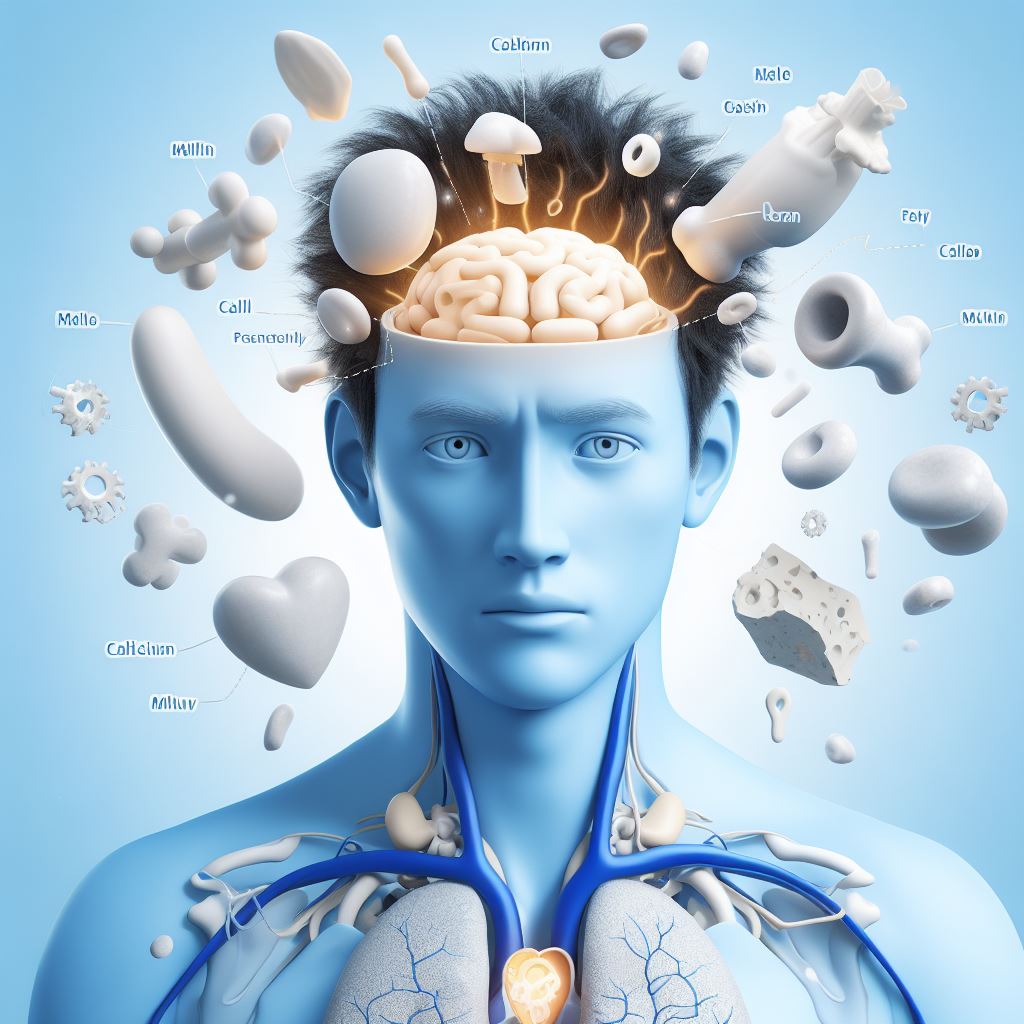Calcium plays an important role in the human body, contributing to the normal functioning of many essential systems. This mineral makes up about 1-2% of the average adult’s total body weight. It primarily associates with maintaining healthy bones and teeth.
In this article, we will explore calcium role and impact on health.
What value does calcium bring to our health?
1. Calcium and bone density:
Calcium is essential for the development and maintenance of healthy bone mass. It helps increase bone density and prevent osteoporosis, a condition that weakens bones and makes them more susceptible to fractures. Adequate calcium intake throughout life plays an important role in preventing this disease.
2. Calcium and muscles:
Calcium is necessary for normal muscle function.
It plays a role in muscle contraction and facilitates the transmission of nerve signals that enable muscle movement. If a person is calcium deficient, they may experience muscle weakness and cramps.
3. Calcium and the nervous system:
Calcium is essential for the normal functioning of the nervous system. It plays an important role in transmitting electrical signals between nerve cells, allowing effective communication throughout the body. A calcium deficiency can affect this ability to communicate, leading to problems with coordination and concentration.
4. Calcium and the heart:
Calcium is important for heart. It is necessary for the contraction and relaxation of the heart muscle, allowing the heart to pump blood effectively throughout the body. A calcium deficiency can disrupt normal heart function and increase the risk of cardiovascular problems.
5. Calcium and blood clotting:
Calcium plays an essential role in blood clotting.In the event of an injury, like a wound or cut, our body’s intricate system springs into action. It orchestrates a remarkable response where calcium comes into play, swiftly being released into the bloodstream. This mobilized calcium works its magic by coalescing with other vital elements, creating a remarkable phenomenon: the formation of a blood clot. This natural and efficient process serves a crucial purpose – to stem bleeding, allowing the wound to heal. Without enough calcium, blood clotting may be impaired, leading to excessive bleeding.
6. How to meet needs?
The body cannot produce calcium on its own and must be provided through the diet. Dairy products like milk, yogurt, and cheese are renowned for being excellent sources of calcium.
You can find this essential nutrient in an array of delightful foods, including leafy green vegetables, crunchy almonds, wholesome canned sardines, and nutritious beans.
Calcium plays an important role in the human body, far beyond bone and tooth health. From bone density to muscle function, from nervous system function to cardiovascular health, is an essential mineral to ensure the normal functioning of the entire body.
It is important to ensure that you get enough calcium through a balanced diet to maintain long-term good health.

